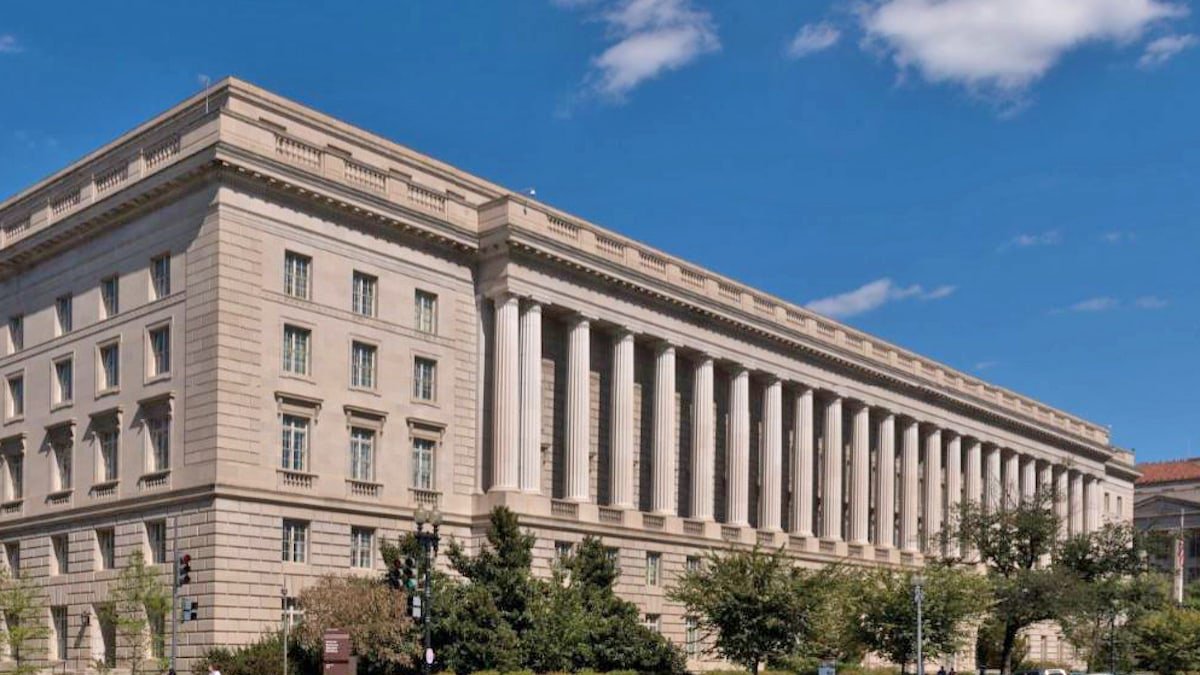ARTICLE | February 28, 2024
Executive summary: Newly-released Form 8283 contains limited revisions
The IRS quietly posted a revised Form 8283 (Rev. December 2023), Noncash Charitable Contributions, and related instructions on Jan. 26, 2024. Changes affect members of pass-through entities that receive allocations of charitable contributions in addition to donors of digital assets and of certified historic structures.
Background
Taxpayers, whether individuals, corporations or partnerships, that make charitable contributions of property in excess of $500 generally must attach a completed Form 8283 to their tax returns. Specific reporting requirements vary depending on the type of donor, type of non-cash gift, and the amount claimed as a deduction. The IRS generally does not provide annual updates to the Form 8283. However, due to recent legislative changes and an increased IRS focus on charitable contributions, the IRS has released updates in each year since 2019. Prior to that, the Form was last updated in 2014.
What’s new to Form 8283
Identifying pass-through entity donors
Recent legislative changes disallow certain charitable contributions of conservation easements claimed by members of pass-through entities, unless made by a family pass-through entity. Regardless of the type of donation, taxpayers filing Form 8283 to claim their share of a pass-through entity’s noncash charitable contribution will now be required to disclose the name and identifying number of the entity that originally reported the contribution.
In addition, taxpayers are required to check a box indicating if the contribution was made by a family pass-through entity. Family pass-through entities are substantially owned, directly or indirectly, by members of the same family, including an individual and their spouse, children, siblings, parents and stepparents, nieces and nephews, aunts and uncles, and the spouses of children, parents, and siblings.
Moreover, for most conservation contributions made by pass-through entities, both the pass-through entity and the member in such pass-through entity must report the member’s adjusted basis in the property contributed on new Section B, Part I, Line 3, Column (h).
Updated checkbox options for donated property type
For most donations of property over $5,000, taxpayers must complete Form 8283, Section B, which includes selecting a description of the type of property donated. The checkboxes have been rearranged and updated to include two new options: easements on certified historic structures and digital assets.
RSM takeaways
Compliance with Form 8283 requirements is a critical component to properly substantiating a charitable contribution deduction. The IRS has increasingly challenged charitable contribution deductions due to incomplete or inaccurate Forms 8283. RSM US LLP can assist in preparing and reviewing Forms 8283 to ensure that they satisfy the requirements to adequately substantiate a charitable contribution deduction.
Questions or Want to Talk?
Call us directly at 972.221.2500 (Flower Mound) or 940.591.9300 (Denton), or complete the form below and we’ll contact you to discuss your specific situation.This article was written by Alexandra O. Mitchell, Morgan Souza, Michael Reeves, Lauren Nowakowski and originally appeared on 2024-02-28. Reprinted with permission from RSM US LLP.
© 2024 RSM US LLP. All rights reserved. https://rsmus.com/insights/tax-alerts/2024/updated-form-8283-contains-modest-revisions.html
RSM US LLP is a limited liability partnership and the U.S. member firm of RSM International, a global network of independent assurance, tax and consulting firms. The member firms of RSM International collaborate to provide services to global clients, but are separate and distinct legal entities that cannot obligate each other. Each member firm is responsible only for its own acts and omissions, and not those of any other party. Visit rsmus.com/about for more information regarding RSM US LLP and RSM International.
The information contained herein is general in nature and based on authorities that are subject to change. RSM US LLP guarantees neither the accuracy nor completeness of any information and is not responsible for any errors or omissions, or for results obtained by others as a result of reliance upon such information. RSM US LLP assumes no obligation to inform the reader of any changes in tax laws or other factors that could affect information contained herein. This publication does not, and is not intended to, provide legal, tax or accounting advice, and readers should consult their tax advisors concerning the application of tax laws to their particular situations. This analysis is not tax advice and is not intended or written to be used, and cannot be used, for purposes of avoiding tax penalties that may be imposed on any taxpayer.

